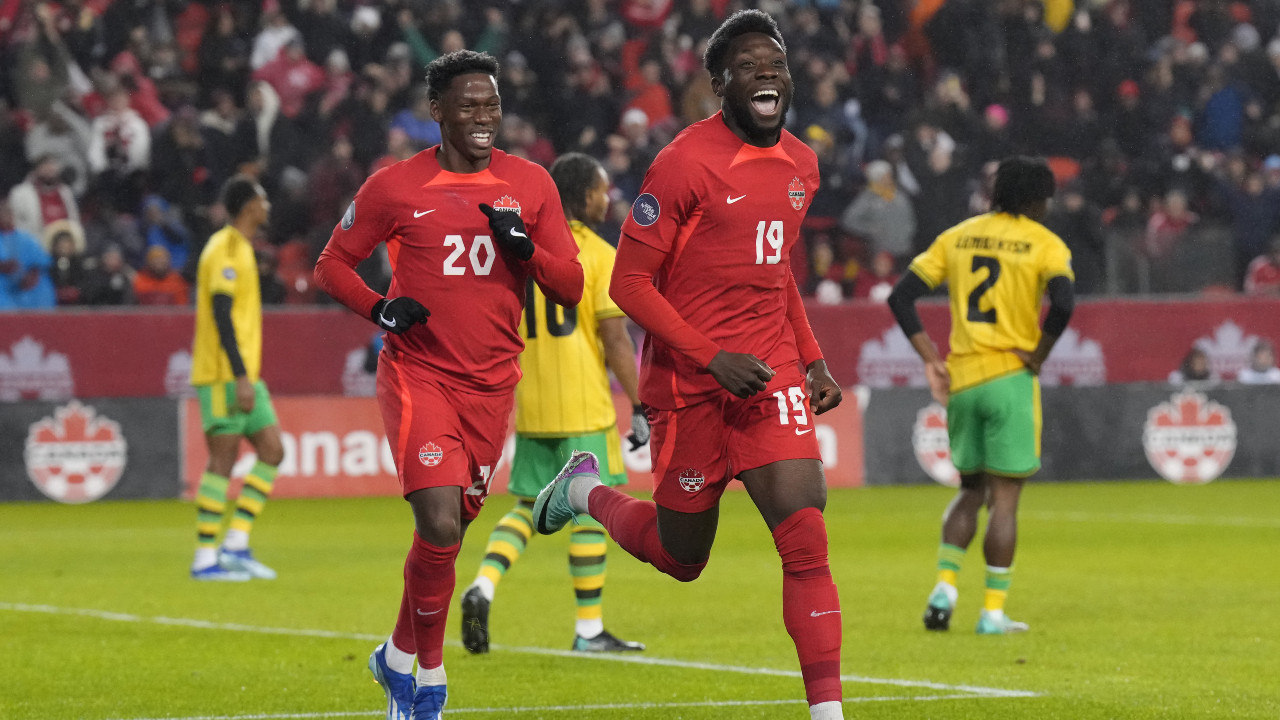
After Uruguay coach Marcelo Bielsa went on an emotional rant about the organization of Copa America on Friday, Canadian counterpart Jesse Marsch joined him in blasting the tournament — albeit for different reasons.
Bielsa was livid when asked if Uruguay players should be sanctioned for a fight in the stands with Colombia’s fans after Wednesday’s semifinal.
CONMEBOL, South American soccer’s governing body, said Thursday its disciplinary committee opened an investigation.
Ahead of the third-place game between Canada and Uruguay on Saturday in Charlotte, Marsch was asked his reaction to Bielsa’s comments.
“You know, I agree with certain things and then I disagree with certain things. For me, this tournament has not been professional,” Marsch said. “There’s too many gaps in the way. And the treatment and the overall experience from a day-to-day perspective. You know, I watched what happened after the match and certainly I don’t know all the details, but certainly we wouldn’t want anyone’s families or any player’s families to be put in harm’s way.
“But I know if Team Canada, if our team would have responded like this, that there would be heavy sanctions because of the treatment that we received from in this tournament, the whole time we’ve had our players be headbutted, we’ve had racial slurs thrown at our players live and and through social media … We’ve been treated like second-class citizens.”
Marsch, who was hired by Canada in the spring, also took some time to rip the officiating.
Alphonso Davies, Canada’s captain, was forced to exit Tuesday’s semifinal in the 71st minute after he was on the receiving end of a hard tackle from Argentina’s Gonzalo Montiel.
After the tackle, Davies immediately went down holding his right leg and received treatment from the Canadian training staff. There was no foul called on Montiel’s tackle
When asked how Davies was feeling, Marsch went in a different direction.
“With that question, you give me another opportunity to talk about how poor the refereeing was on the tackle with Alphonso Davies. And if you were to turn it over and put that against the biggest player from the other team, specifically from South America in this tournament, the behaviour and the treatment for such a tackle in such a situation would be very different.
“So we were lucky that we avoided any big injury with Alphonso, but we’re not totally certain if he’ll be available tomorrow. And one of the main jobs of a referee in any match is to protect the safety of players, and that was not doing his job.”
The American-born coach also shot down any rumblings he’d be interested in taking over the U.S. men’s team after the dismissal of Gregg Berhalter this week.
“Come on, man, I’m not leaving this job. I have no interest in the U.S. job. And to be fair, unless there’s a big shift in the organization, I don’t think that I’ll ever have interest in that job in the future,” Marsch said.
“So I’m really happy here. I couldn’t be happier, actually, in terms of what it’s like to work with the leaders in this organization and what it’s like to work with this team.”